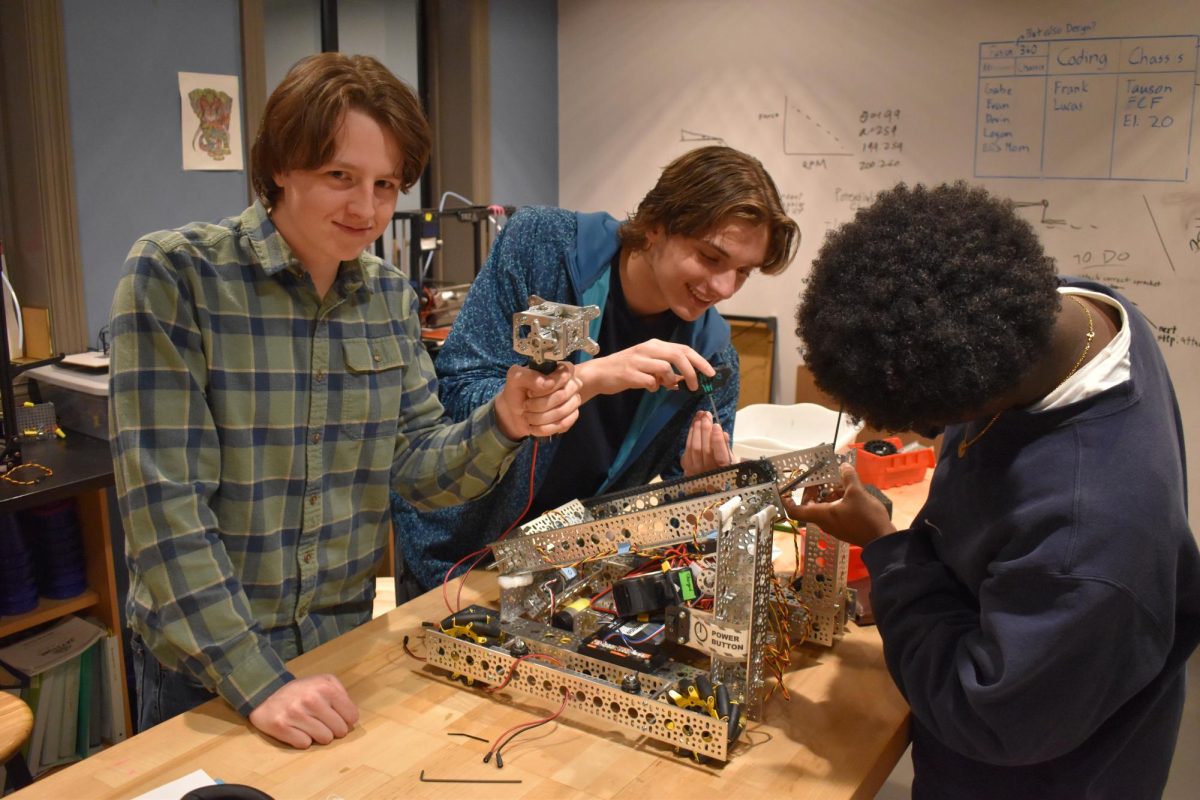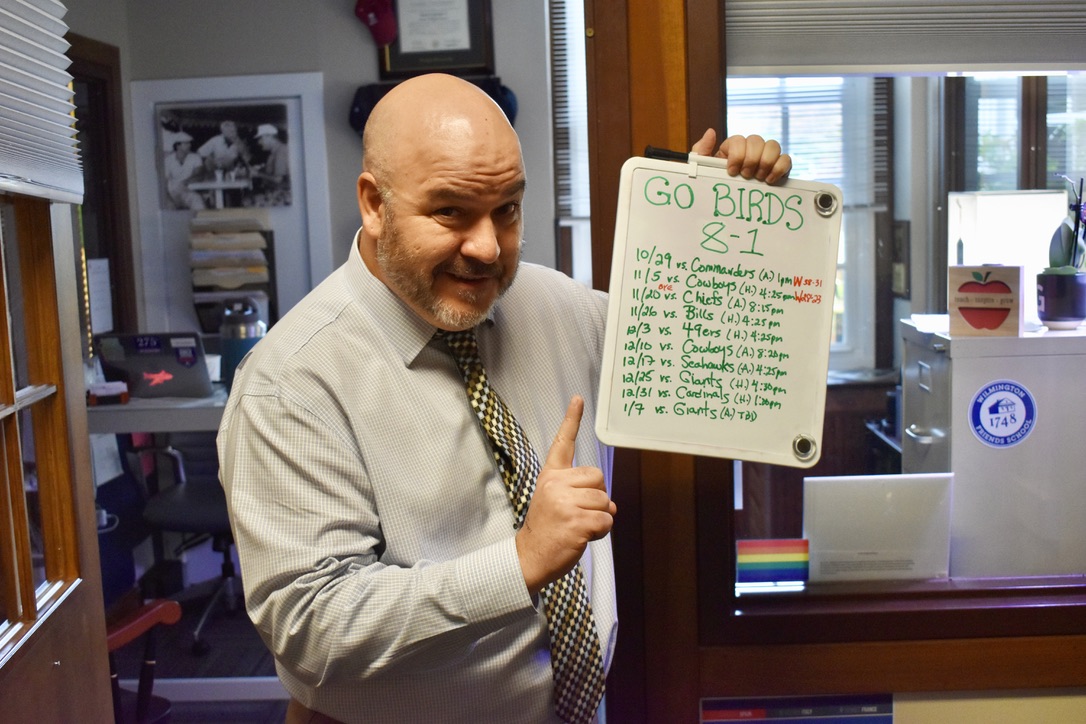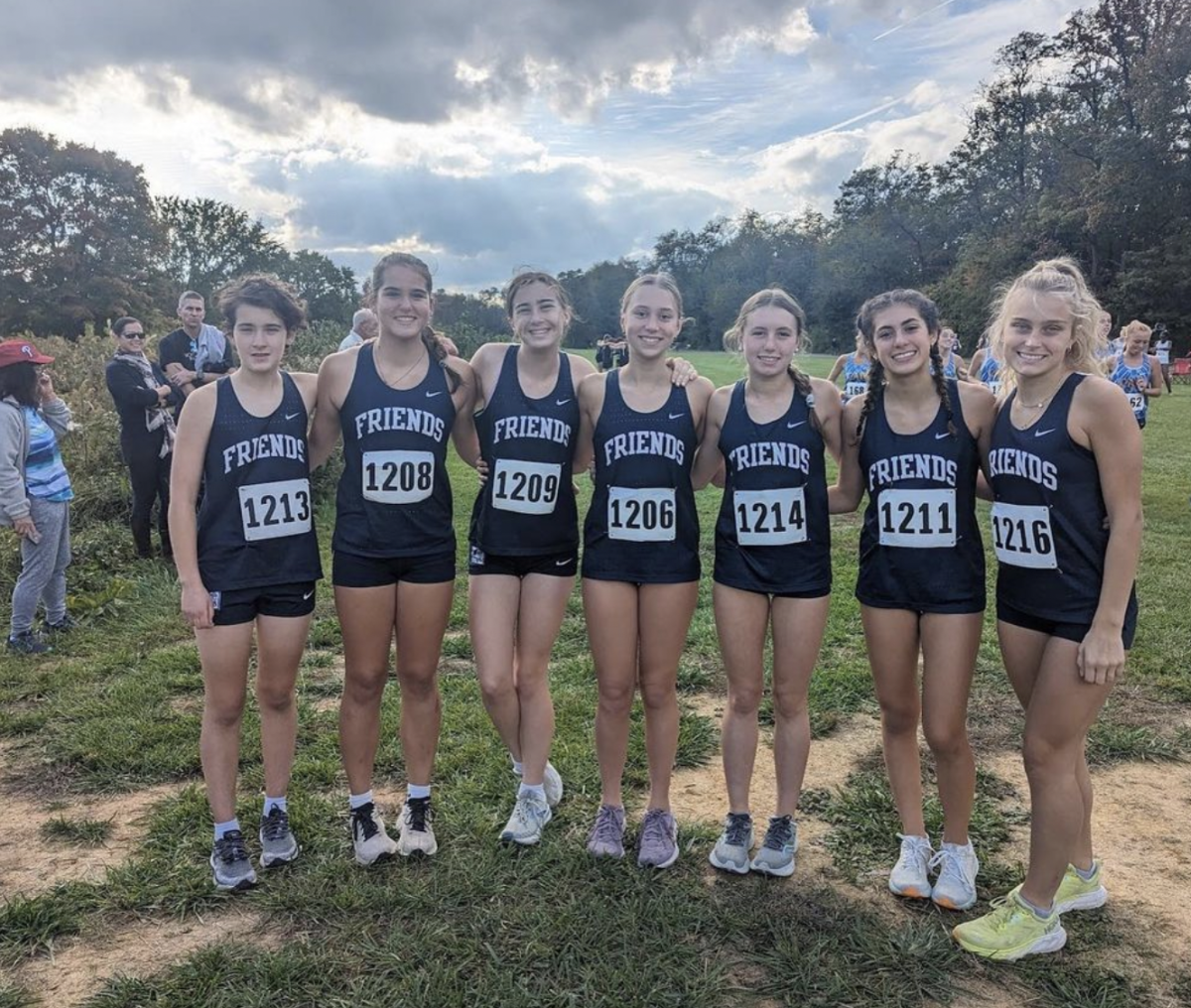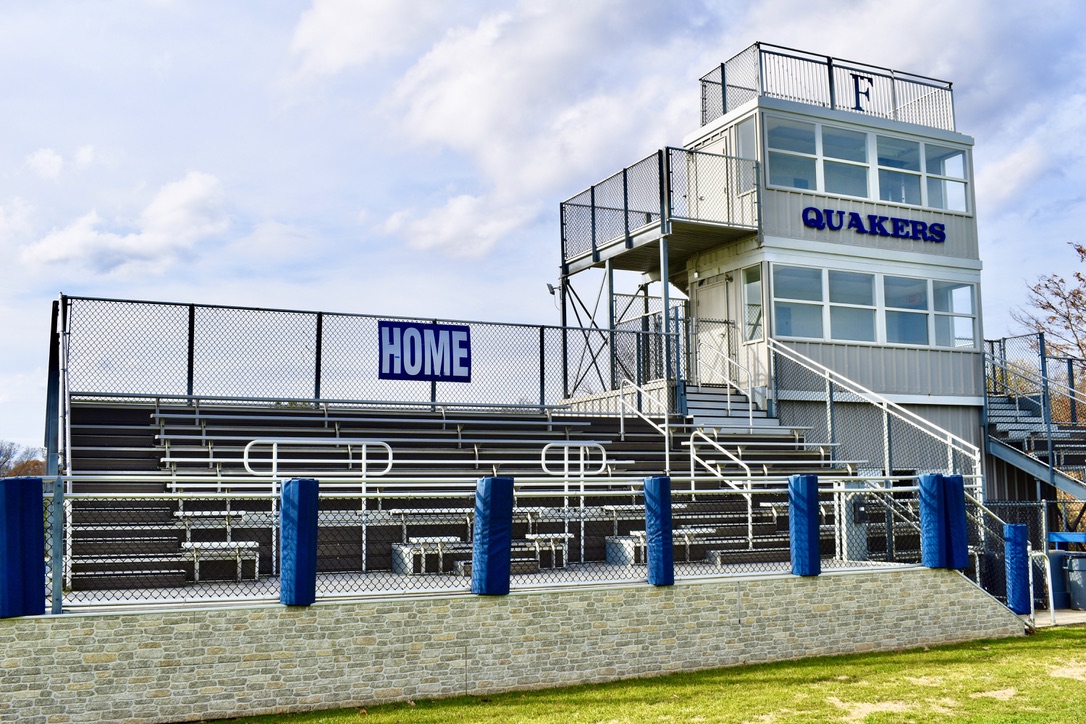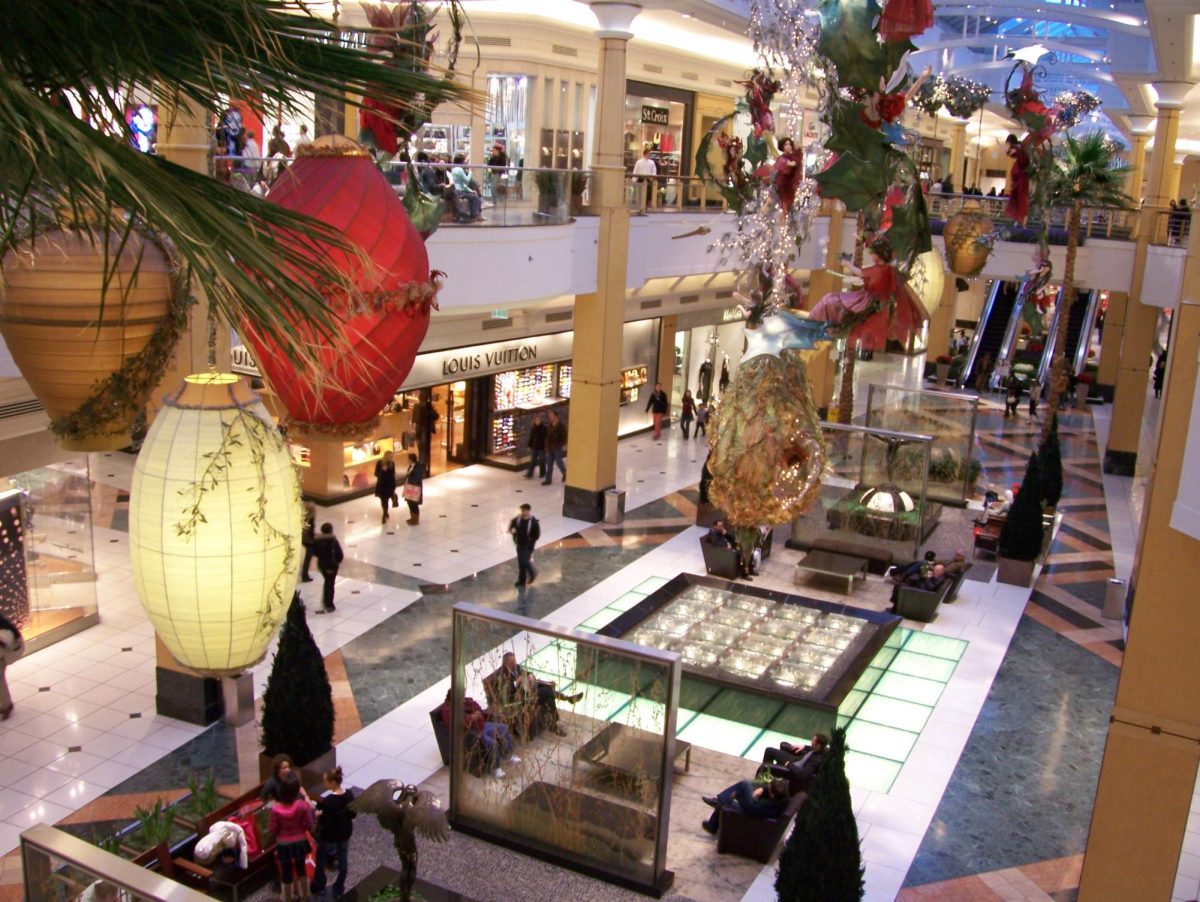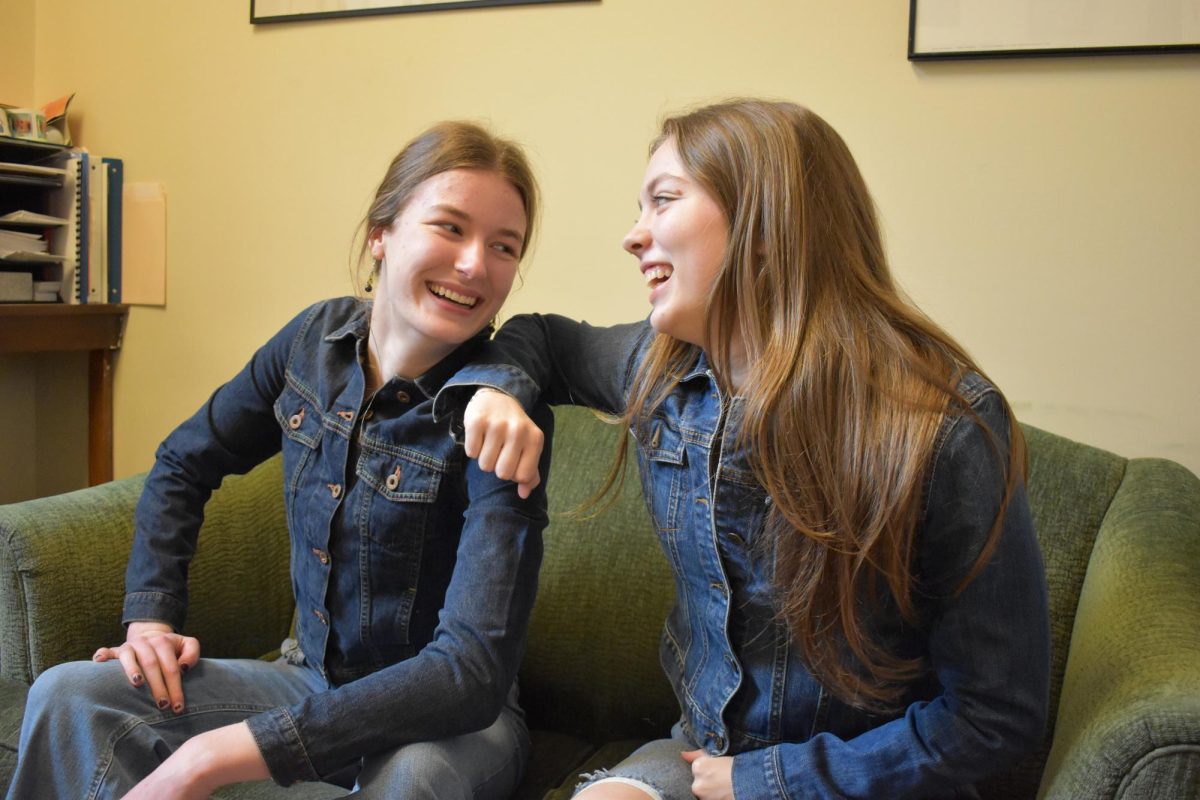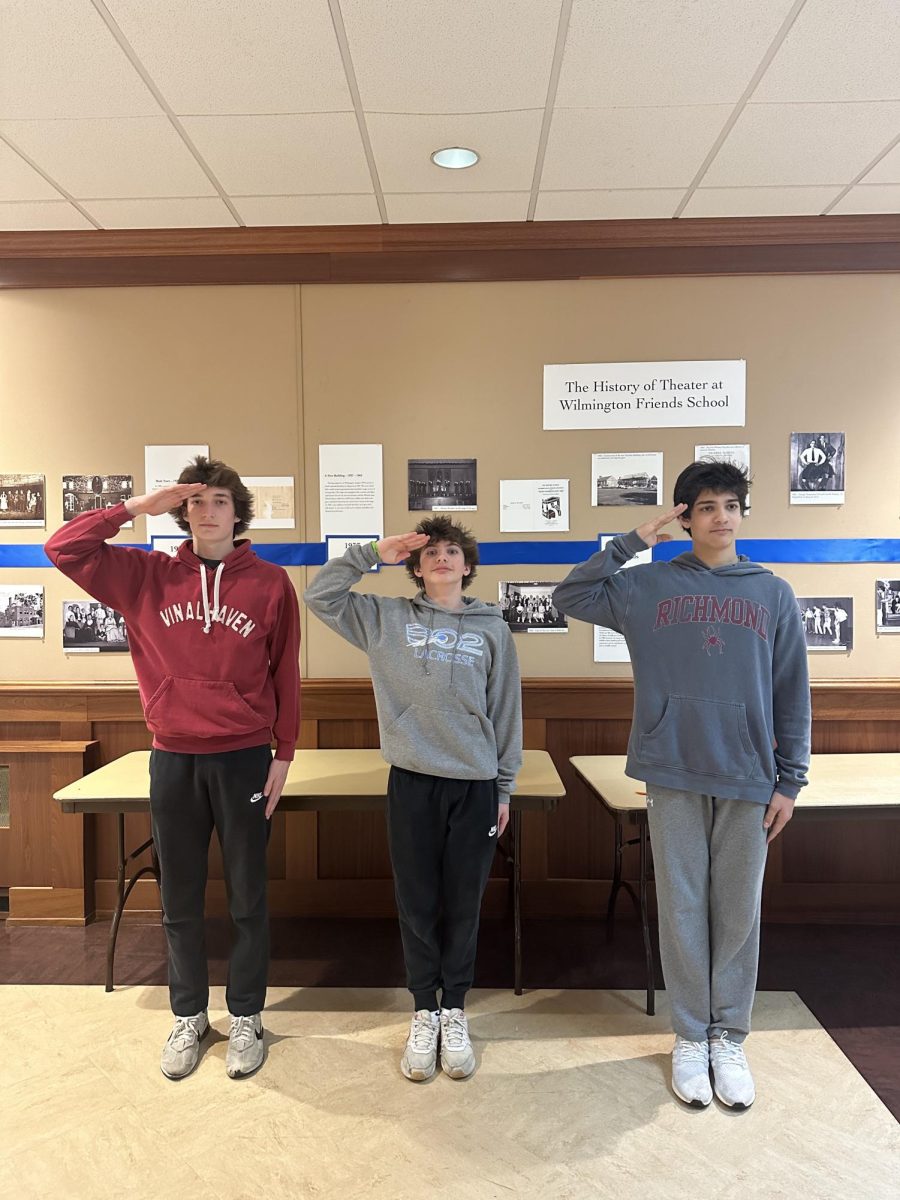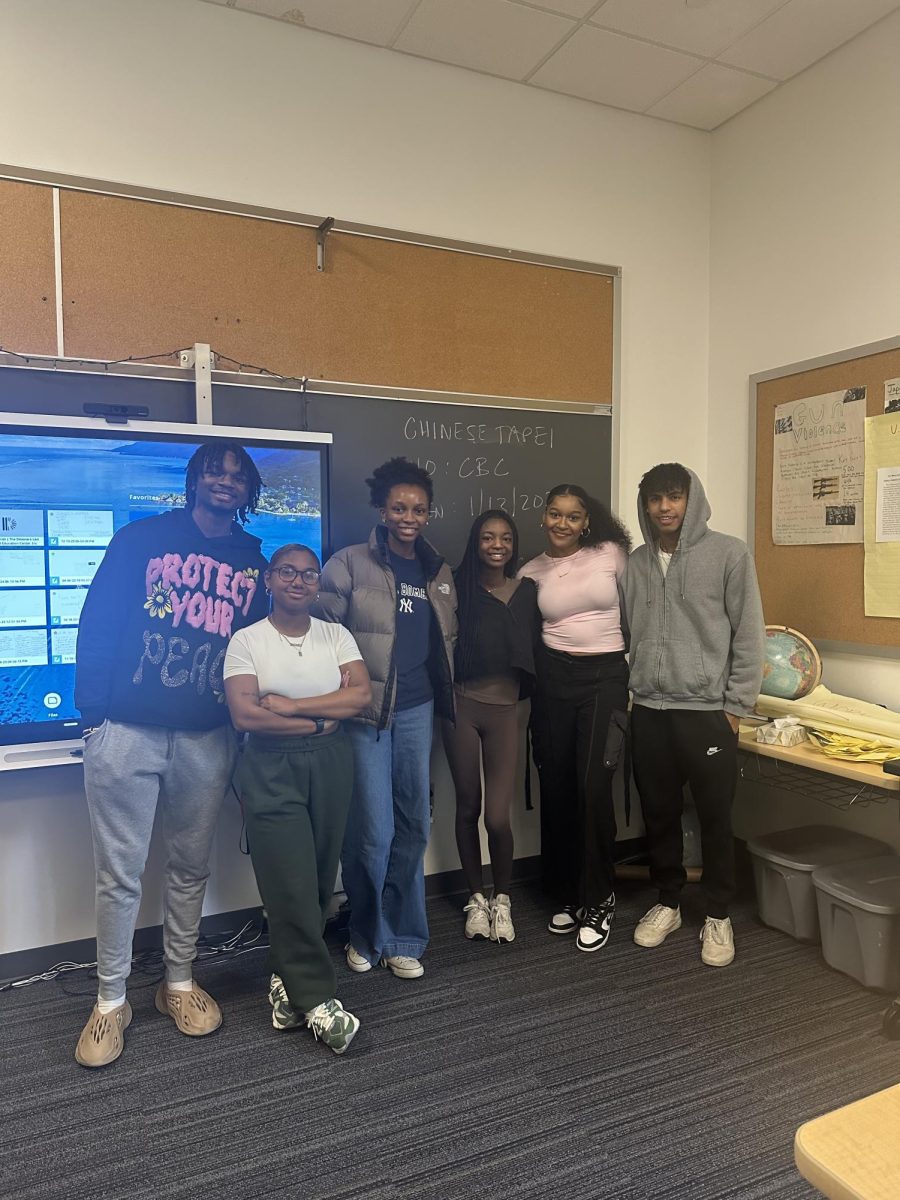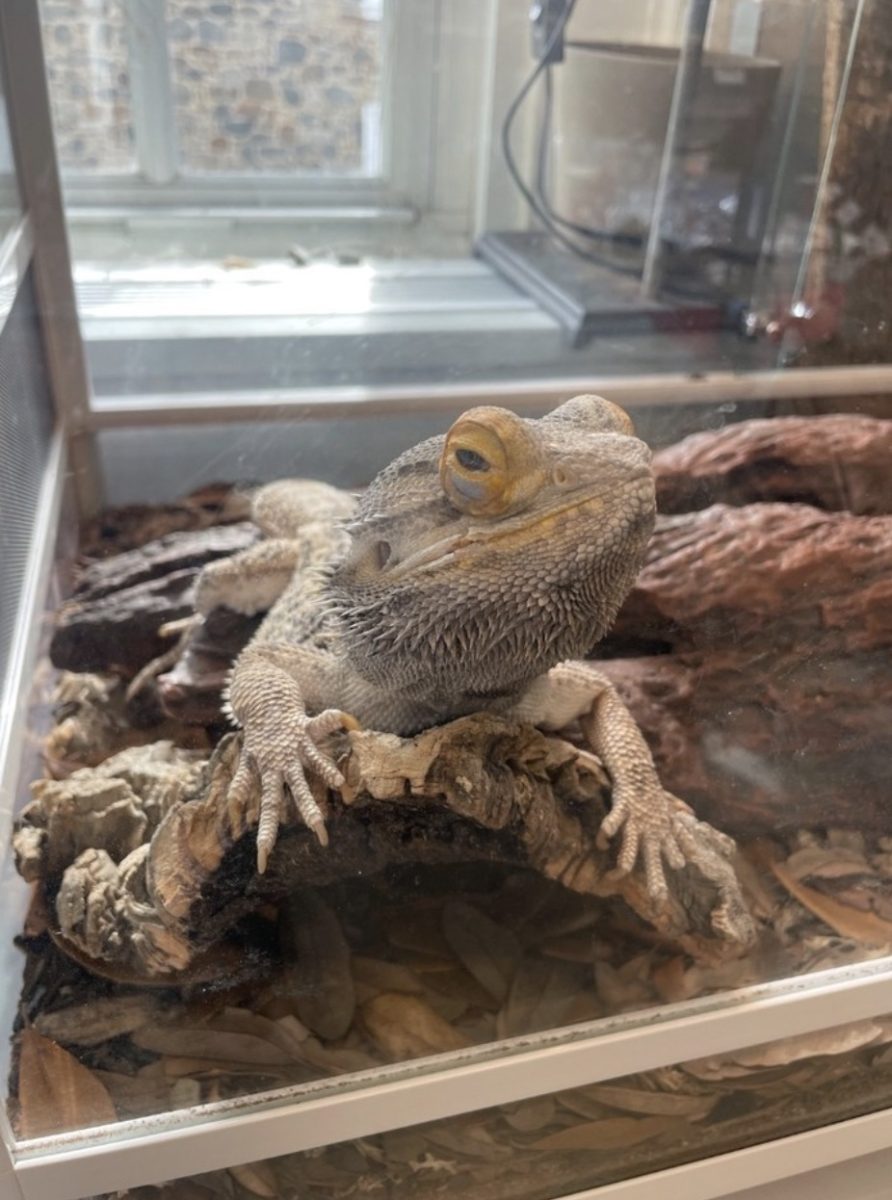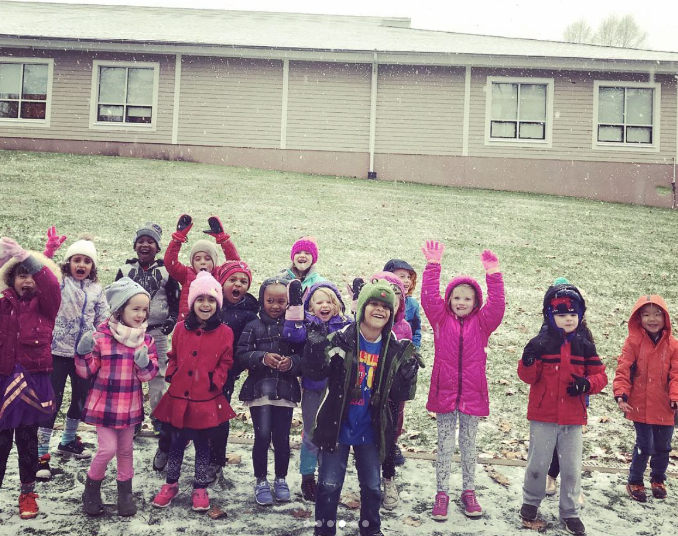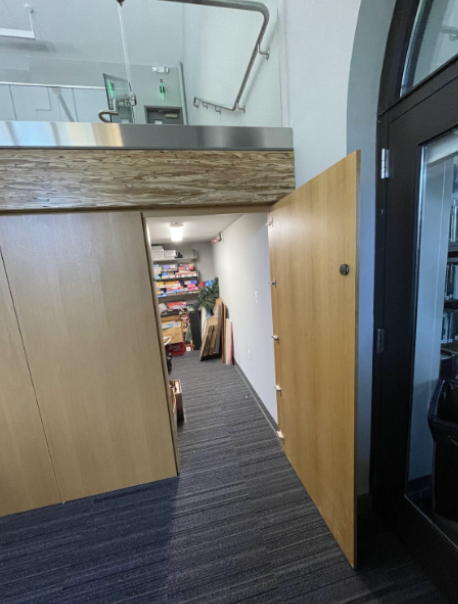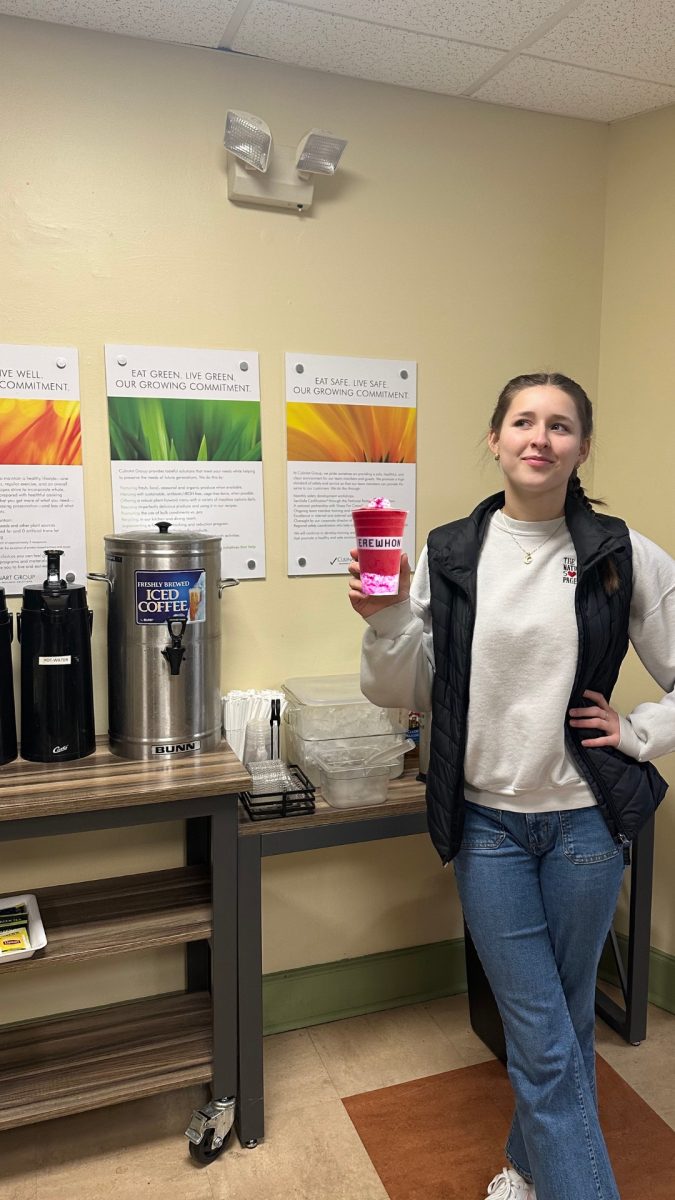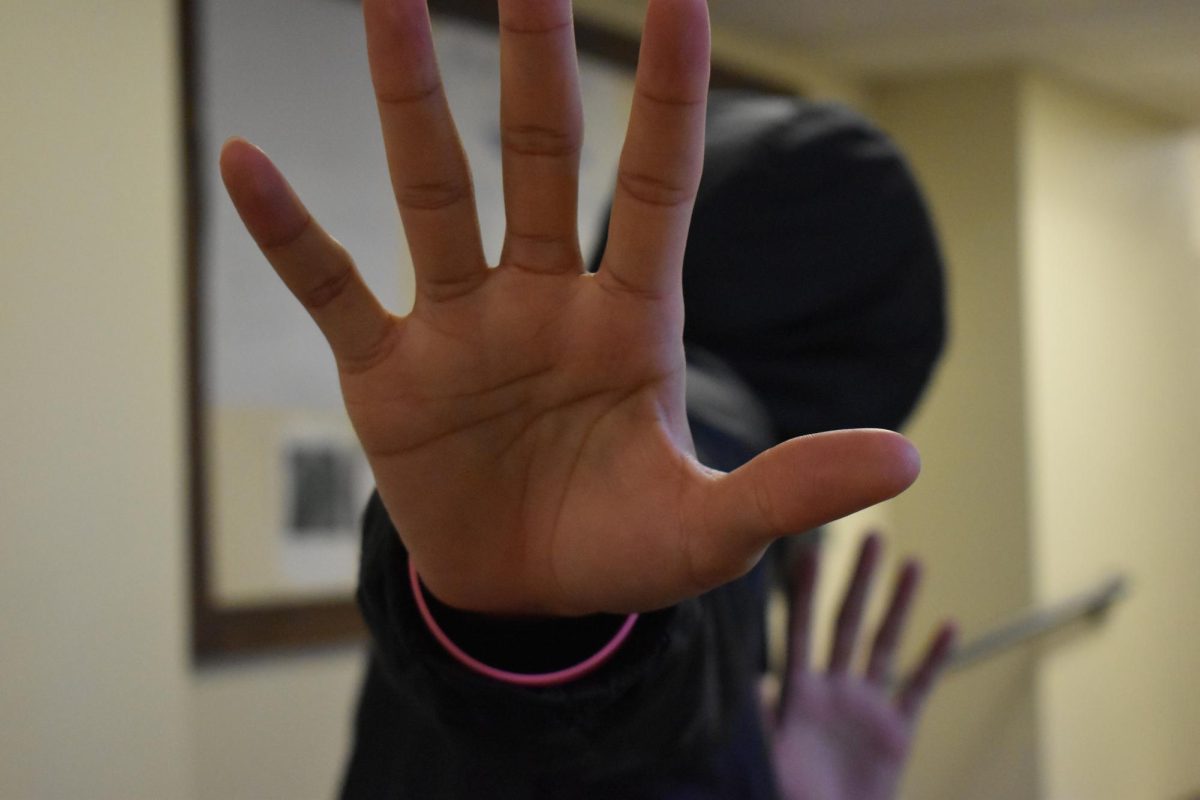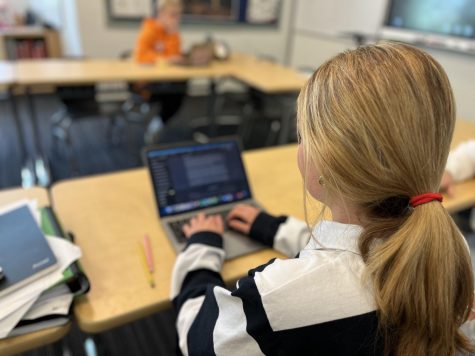Climate Change: From Inside the Classroom to out
December 1, 2018
The Climate Change symposium intro was performed by Juniors or Seniors in a Group 4 science class. The students split up going over different problems with climate change which include ocean acidification, the spread of infectious diseases, loss of biodiversity, and even vector-borne illnesses. It may be too soon to predict how the group projects will end up performing specifically on these topics since students have only gone to an intro to these this October, but it is almost assured that the depth of research will make each person in the Group 4 sciences erudite in their chosen topic.
Group 4 classes include Biology, Physics, Chemistry, and the Computer Science major. Each year, these students work on a specific project that involves the use of science in some way. The topic this year was climate change. Caitlin Norton (Upper School Biology teacher) helps with the projects explained that “October introduced the project where the students had a chunk of the day to learn about climate change, the physics, chemistry, and science.” Norton also spoke of her Bio group specifically, commenting that “They did simulations into the causes of climate change. Then, the bio students did research and some experiments into the effect of climate change of biological effects of climate.” As needed, there are representatives in each group. They put together a presentation with an interactive component and share that in a symposium right before winter break with the hope that others will take a personal interest in climate change.
One anonymous junior reported that he enjoyed his intro in his Chemistry thus far and that “the experience helped give me new views into climate change in ways I thought I never thought people could. My group (Chemistry group) and I all learned so much about how to better the world how our ourselves through this project.”
On a similar note, the Eco-Team has their own plans for helping out with the environment by planting a meadow on school grounds. People have been wondering what benefits a meadow could provide to our school. A member of the Eco-Team Austin Sarker-Young ’22 states, “The objective of the Wilmington Friends School Eco-Team is to obtain the National Wildlife Federation’s Eco School certification. The Wilmington Friends School’s eco meadow, located near the tennis courts, represents an effort to get the bronze award.” When asked why people should care about another meadow, Sarker-Young replies, “Wilmington Friends is a very environmentally centered school which has already done solar panels and vegetable gardens in the past and deserves this award.” Funding for the meadow is the main problem of kick-starting this idea but Austin explains even if a meadow isn’t possible, “there should still be an ‘eco-tour,’ which would be a trail connected by signs showcasing the environmental features of the school which would be helpful for teachers and students in biology or environmental sciences classes.”




